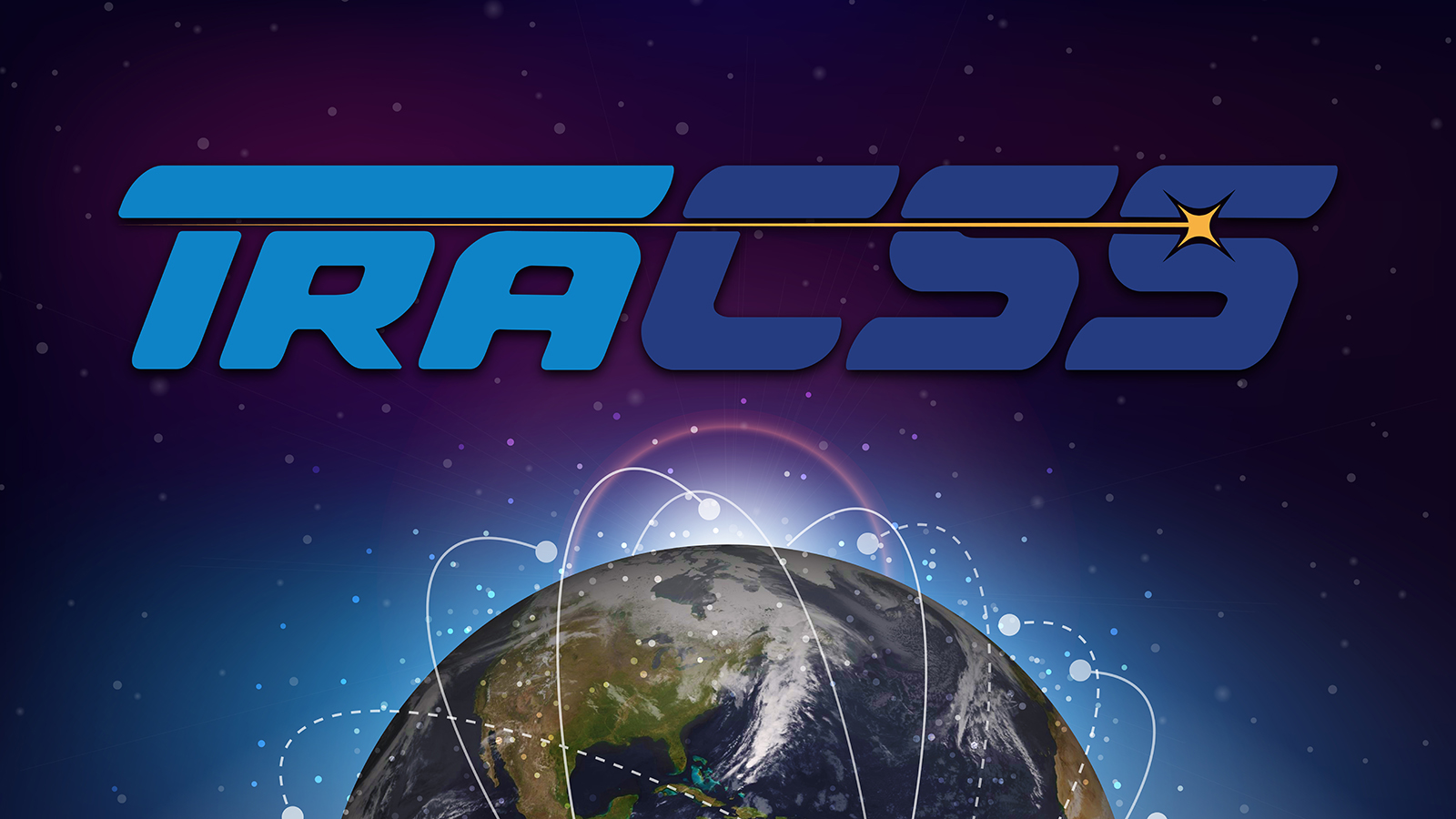LOGAN, Utah — The Department of Commerce remains on schedule to begin the initial version of its space traffic coordination service by the end of September while it works to add capabilities to it.
In an Aug. 6 presentation at the Small Satellite Conference here, Christine Joseph, policy advisor in the Office of Space Commerce, said phase 1.0 of the Traffic Coordination System for Space, or TraCSS, will be turned on in September, maintaining a schedule that the office outlined more than a year ago.
That initial version of TraCSS will be open to a limited number of beta testers, who will use it through the existing Space-Track.org system operated by the U.S. Space Force. Those beta users will get conjunction data messages, or CDMs, generated by TraCSS every four hours through Space-Track. That screening is twice as frequent as currently provided by Space-Track.
“The plan for phase 1.0 is that we have that backbone, that operating infrastructure, set up,” she said. “Of the course of the next year for phase 1, we’ll be adding in more capabilities.”
Those capabilities, added though a series of quarterly updates, range from bug fixes to the additional of space situational awareness data from commercial providers to supplement what TraCSS receives from the Defense Department and ephemerides from operators of satellites. The service will also bring on additional beta users during those upgrades.
That approach, she said, is also intended to make sure what TraCSS offers meets the needs of users. “One of the things we’re trying to do with TraCSS is to take a phased, agile development approach: starting very small, building incrementally in capabilities, getting feedback from users along the way and making adjustments.”
By phase 1.4, scheduled for about a year after the rollout of phase 1, TraCSS will have its own interface to replace Space-Track; the office released a request for proposals for that “presentation layer” for TraCSS Aug. 1.
Joseph said the Office of Space Commerce is working with the Defense Department on coordinating the transition of civil space traffic coordination services. “We’re coordinating very closely with the Department of Defense both on best practices and lessons learned,” she said, with multiple technical and policy working groups meeting weekly “to minimize any disruptions to spaceflight safety services.”
That means that the current Space-Track service will continue for the foreseeable future. “Space-Track.org is not going away this year. Please do keep signing up for Space-Track.org,” she said.
Related
Read the original article here
